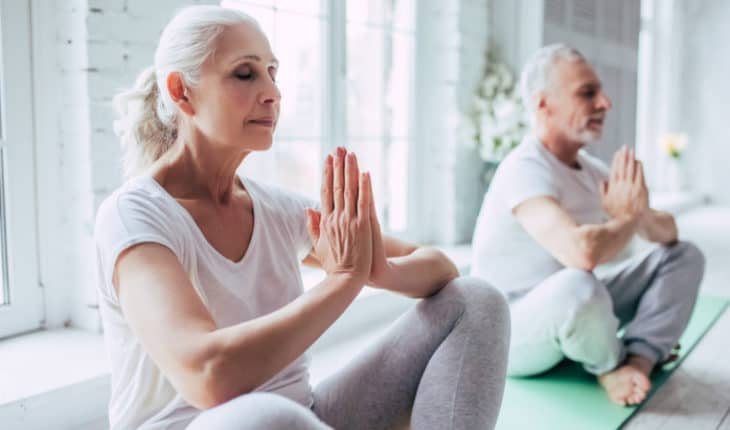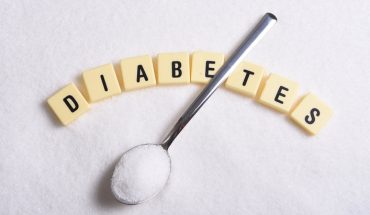A new report into the health of older adults during the COVID-19 pandemic has been launched by The Physiological Society and Centre for Ageing Better.
The report features the results from a YouGov survey that highlights significant reductions in levels of physical activity among older adults and recommends a ‘National Post-Pandemic Resilience Plan’ to respond to this.
Findings from our YouGov survey include:
- 26% of over-50s are doing less exercise than before the pandemic. This is particularly acute in the over 75s.
- The top reasons given by over-50s for doing less physical activity are lack of motivation (44%), and that they are out of the habit of being physically active or socialising in person (42%).
- Different age groups reported different preferred actions to help them increase their physical activity levels:
- 50-59-year-olds preferred activity monitors (such as FitBits)
- 60-74-year-olds preferred social activity groups
- Those aged 75+ preferred tailored advice from a healthcare professional
The report calls for public health agencies across the UK to launch a National Post-Pandemic Resilience Programme. This would be a joined-up system of support to provide over 50s with tailored advice and guidance on how to improve health post-pandemic. The aim would be to not only return over 50s to their pre-pandemic physical activity levels, but encourage greater long-term levels of activity.
A National Post-Pandemic Resilience Programme should include:
- A programme of physical activity to increase physical resilience, focusing on older people with high-risk factors such as obesity, type 2 diabetes, cardiovascular disease and sarcopenia.
- A specific focus on increasing physical activity of people in their 50s to prevent future frailty.
- ”At home” physical activity options, including digital platforms and online communities, as well as utilising national broadcasters.
- Clear guidance about the importance of a healthy balanced diet.
- Steps to embed behaviour change to build new habits.
Speaking at the launch, report co-chair Professor Paul Greenhaff (The Physiological Society and the University of Nottingham, UK), said:
“Our survey shows that over a quarter of over-50s are less physically active than pre-pandemic. Given the role of physical activity in maintaining health, this is a cause for real concern and it is likely that the health of older adults will have diminished as a direct consequence of the restrictions necessary to protect people from COVID-19.
“For some older adults, a reduction in physical activity is likely to accelerate frailty development, perhaps tilting the balance between just being able to do something, such as rising from a chair, and not. This has significant consequences for independent living and healthcare provision.”
Fellow co-chair Dr Alison Giles (formerly of Centre for Ageing Better) added:
“It is clear that the COVID-19 pandemic has had a negative impact on the physical activity levels of older people which is worrying given that a high proportion of older adults were already inactive before the pandemic. COVID-19 has demonstrated the need for public health interventions to build a more resilient, healthier nation.
“Our proposed National Post-Pandemic Resilience Programme would be a joined-up system of support to provide older people with tailored advice and guidance on how to safely increase their activity levels post-pandemic. We want to see evidence-based behaviour change approaches and a variety of activities on offer to support older adults adopt physically active lives for the long-term.”
- New lipid-based pathway discovered as key to memory formation - 25th June 2025
- Crucial link could explain how Alzheimer’s takes hold - 25th June 2025
- Understanding Your Mind Can Improve Daily Life - 25th June 2025







